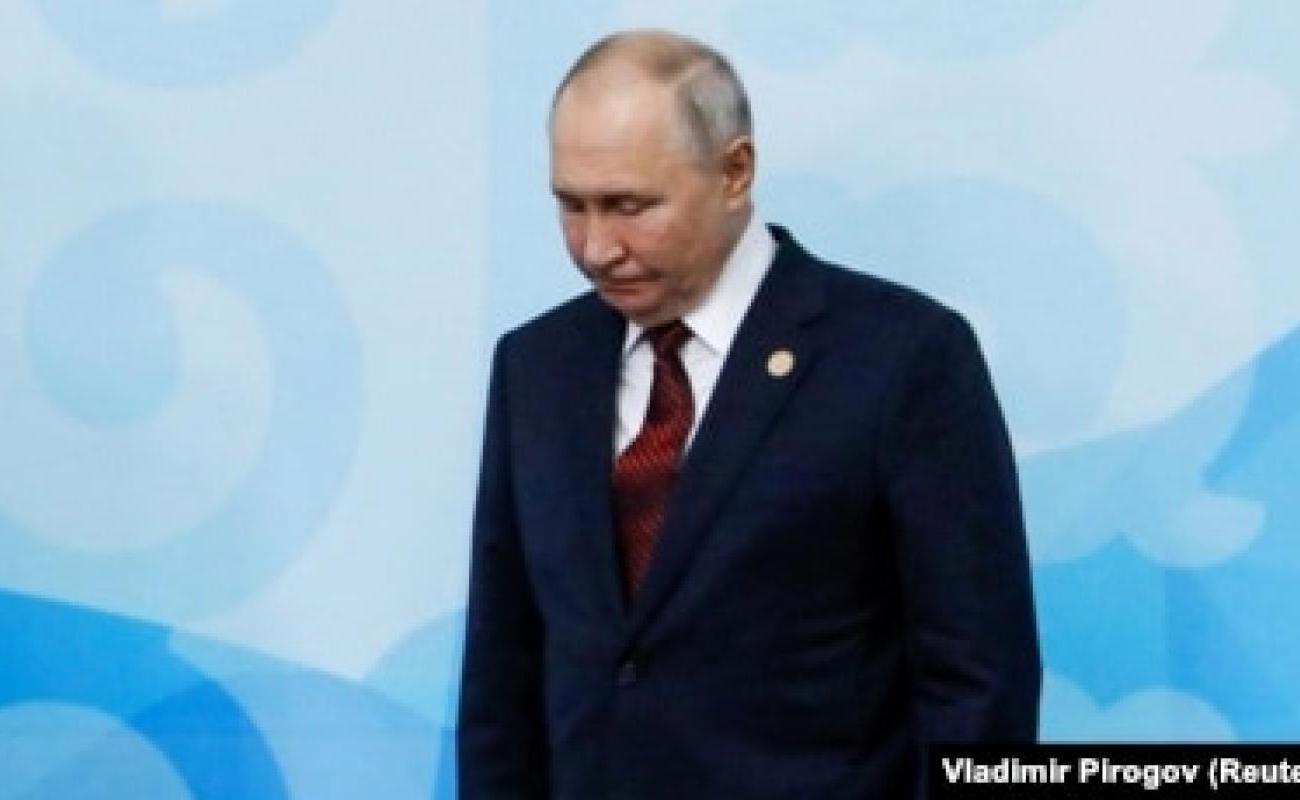Putin and "uncivilized divorce". What did the CIS summit in Bishkek show?

The first summit of the leaders of the member states of the Commonwealth of Independent States was considered the most important political event in the entire post-Soviet space. Not only officials, but also journalists from many countries would come to the meeting. Everyone wanted to understand how the "civilized divorce" of the former Soviet republics would play out.
Now we know how! There is nothing civilized about this divorce. The Kremlin harshly punishes any attempt to choose its own path of development. War, occupation and attempted annexation of territory, ethnic cleansing, destabilization, economic and energy blackmail - and everything that benefits has not even been listed yet! Moreover, Russian officials do not hide such a policy of demonstrative punishment, they believe that Russia has the right to use force on foreign territory - in Ukraine, Georgia or Moldova...
That is why the summits of the Commonwealth of Independent States are now interesting only to their participants. I used to try to come to every closing press conference, to find out how the leaders of the former Soviet republics envisioned the world. Now I wonder who boycotted the meeting. The head of the Armenian government, Nikol Pashinyan, did not arrive in the capital of Kyrgyzstan, Bishkek.
And this step is symbolic in the background of open disappointment in relations with Russia. Thus, there are more and more empty seats at the negotiating table. And that honestly annoys the head of Russia, Vladimir Putin, who mentioned Georgia, Ukraine and Moldova at the final press conference. And he even expressed concern over the fact that the citizens of Moldova are losing their identity, that is, they are renouncing the identity imposed on the inhabitants of this country by the Soviet regime.
How Putin understands identity can be seen in the documents agreed at this meeting. The leaders of the CIS countries could not agree on any of the really fundamental and important issues for a long time. But we make decisions that will please the Russian president from the point of view of Soviet nostalgia. Thus, they agreed on the decision to create an international organization for the Russian
language, agreed to support the Russian language as the language of international communication...
By the way, the initiator of the creation of this international organization was not Putin, but the President of Kazakhstan Kasim-Jomart Tokayev, who during his visits to the West promises to do everything to comply with the sanctions against Russia. But, as we see, he "exchanges" those promises for support for the Russian language.
Escape from Moscow
In fact, even among those leaders who still meet with Putin at CIS summits, there are fewer and fewer who really focus on Russia. Azerbaijani President Ilham Aliyev pays much more attention to contacts with the President of neighboring Turkey, Recep Tayyip Erdogan. Azerbaijan and Turkey have become true strategic partners in recent years. Well, when it comes to mediating the conflict with Armenia, Aliyev agrees to alternative places in the West.
The leaders of Central Asian countries are paying more and more attention to cooperation with China. The President of the People's Republic of China, Xi Jianping, made his first visit to Kazakhstan after the pandemic, and the President of this country, Kasim-Jomart Tokayev, celebrated the anniversary in China in the company of the President of the People's Republic of China. Then, at the Shanghai Cooperation Organization (SCO) summit in Samarkand, it was more than obvious: the chief guest at the event was the head of China, not the president of Russia.
So, the only "sincere" ally of Putin is Alexander Lukashenko. But only because after popular speeches in 2020 and giving the territory of his own country to attack Ukraine, Lukashenko simply has nowhere to go. And from this point of view, the relationship between Putin's Russia and Lukashenko's Belarus is also a vivid example of "uncivilized divorce", forced integration carried out by two authoritarian regimes.
And it is precisely this compulsion to integrate and unwillingness to build equal relations with neighbors that make all those who can still move to flee Moscow.
